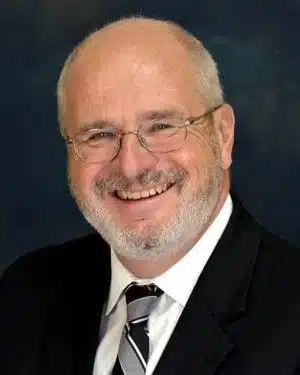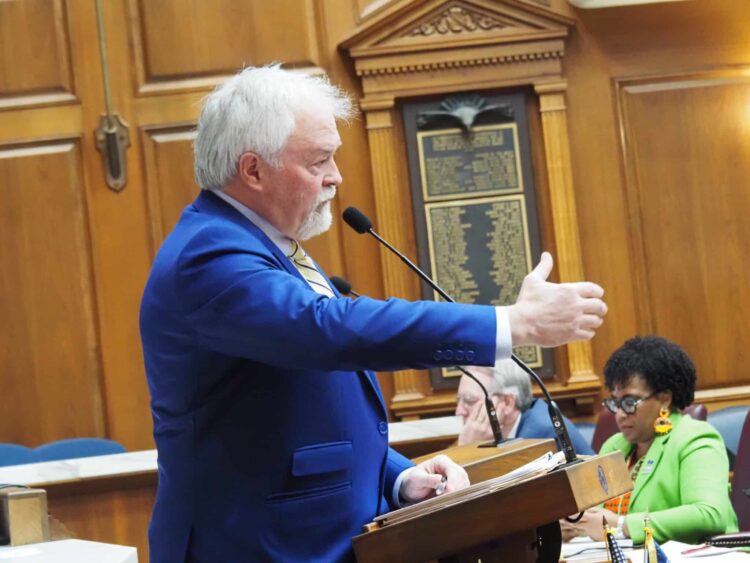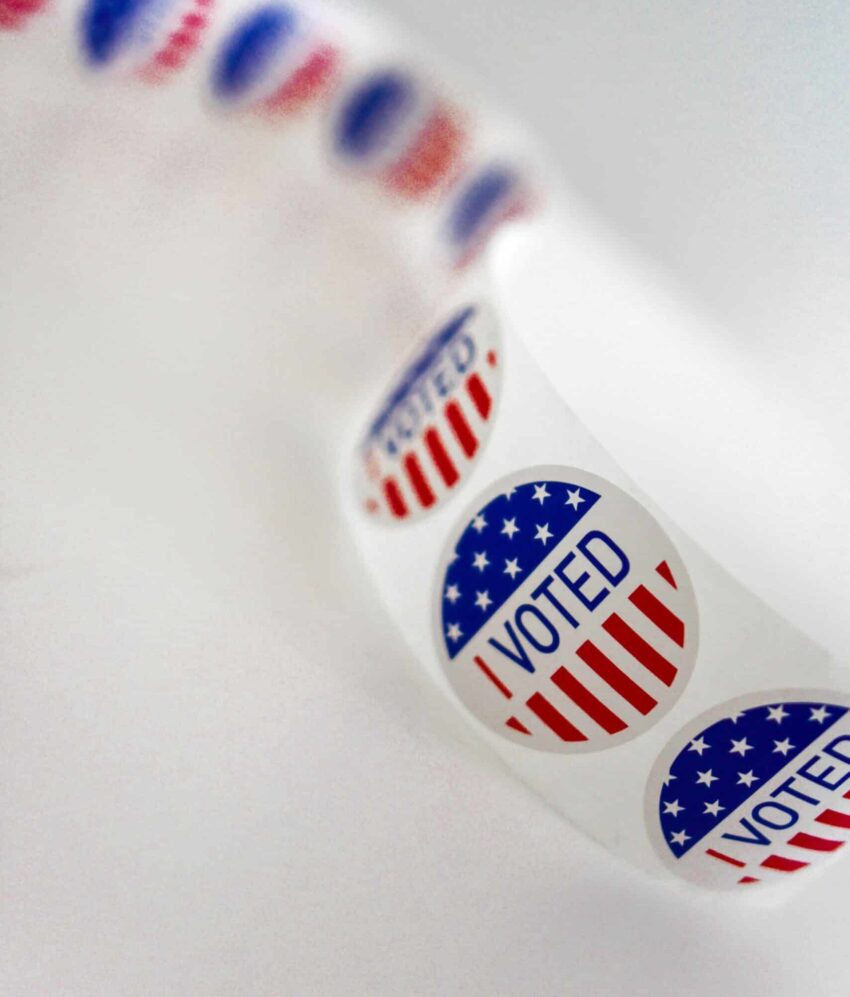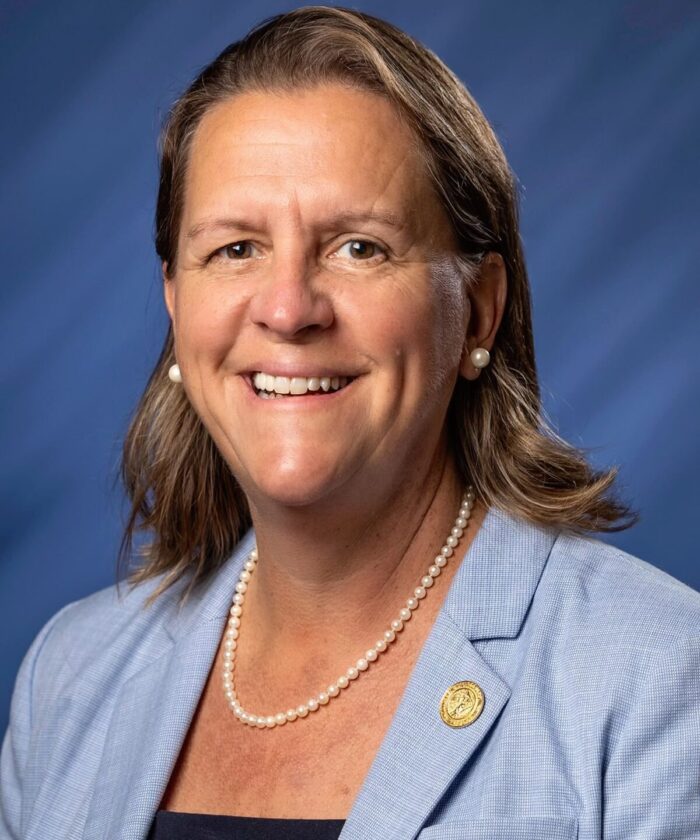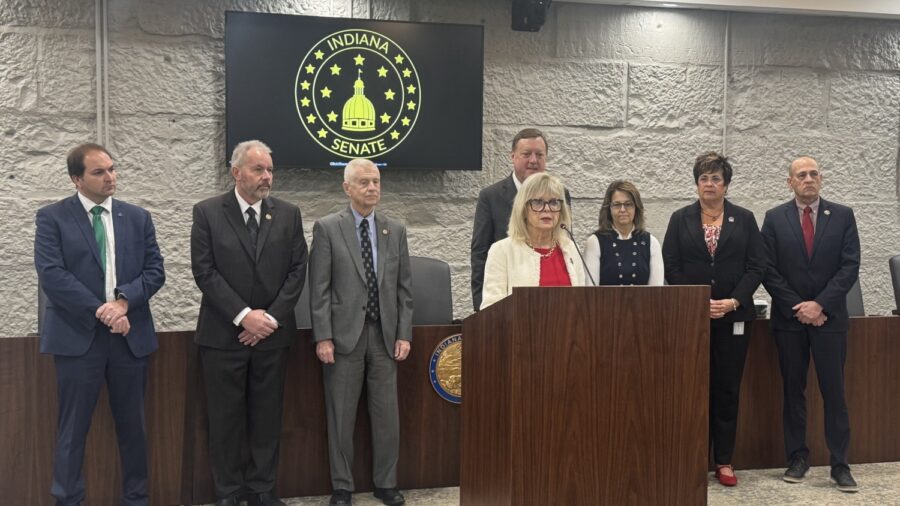And, in the end, it wasn’t the mystery and the majesty—the puffs of smoke and the secretive ceremony—that was the most moving about the selection.
No, it was the humanity of the choice.
Leo XIV, as we all know, is the first U.S. citizen to serve as the leader of the world’s 1.4 billion Catholics. A Midwesterner—a Chicago boy, no less—Robert Francis Prevost developed his faith not in the clouds but much, much closer to earth.
His experience as a missionary in South America, attuned and heightened his sensitivities to the burdens of immigrants and others who are dispossessed, disenfranchised and, all too often, disparaged, disregarded and discarded as little more than human refuse.
Not long after his elevation to the papacy, sharp-eyed observers unearthed a social media post of his that took issue with a pronouncement of Vice President JD Vance.
Vance said that Christian faith proclaimed a hierarchy of God’s love, one that called for us to place a higher value on lives closer to home than those of strangers.
Such as immigrants.
The then-Cardinal Prevost corrected the vice president gently but firmly, saying Vance was wrong. God’s love, the now pope said, was for everyone, regardless of class or proximity.
The exchange with Vance, a Catholic, illustrates one of the challenges Pope Leo will have.
The Catholic Church, like any other vast human institution, struggles to maintain cohesion.
For decades, it has been divided over the roles of women, the rights of LGBTQ human beings and the part the church should play in the political world, among other things.
And the church’s obliviousness about and—all too often—defense of child molesters in the priesthood have eroded the moral authority of Catholic leadership.
I remember talking once with Walter “Robby” Robinson, the Boston Globe journalist played by Michael Keaton in the movie “Spotlight,” about his faith. Robinson led the team that uncovered the Catholic Church’s efforts to cover up decades of priestly sexual abuse in New England. He also had spent much of his life as the quintessential good Catholic boy, going to Catholic schools and attending Mass regularly.
His reporting, though, on the church’s campaigns to cover up its clergy’s preying on children changed him.
He told me he still had faith in God, but not in the church of his birth. He only stepped into a Catholic church to attend the wedding or funeral of a family member or friend.
The new pope says he wants to lead by following St. Augustine’s admonition that we always should listen first. That is wisdom born from the experience of working with and ministering to people who feel—no, know—that they often are not heard.
In his first public pronouncement as pope, Leo urged Catholic leaders—and, by extension, all believers—to practice their faith by hearing the voices and concerns of the people they were supposed to live with and serve.
And not just those who agree with them.
It was a profoundly Christian message, one that urges conciliation rather than confrontation.
In the aftermath of Leo’s elevation, observers were quick to suggest that his history with immigrants and other marginalized members of humanity will put him and the church on a collision course with Vance and the administration of President Donald Trump.
I doubt it will be that simple.
The early signs suggest that Leo plans to remind not just Catholics but all of us that faith is not just a comfort, but a challenge, too. True faith makes demands of the believer to perform moral duties he or she is reluctant to acknowledge, much less honor.
In JD Vance’s case, that may mean treating immigrants with the same care and consideration he shows for friends and family.
For others, regardless of their political affiliation, it will mean listening to and treating with respect views that make their blood boil.
In a world in which the means by which we can communicate with each other have multiplied exponentially, human beings seem to have a harder and harder time hearing each other.
Pope Leo XIV appears to want to change that.
Listen first, he says.
It’s a message of faith delivered by a Midwesterner, a Chicago boy who has made his way in a troubled world and learned from the experience.
Listen first.
Good counsel.
Good faith.

